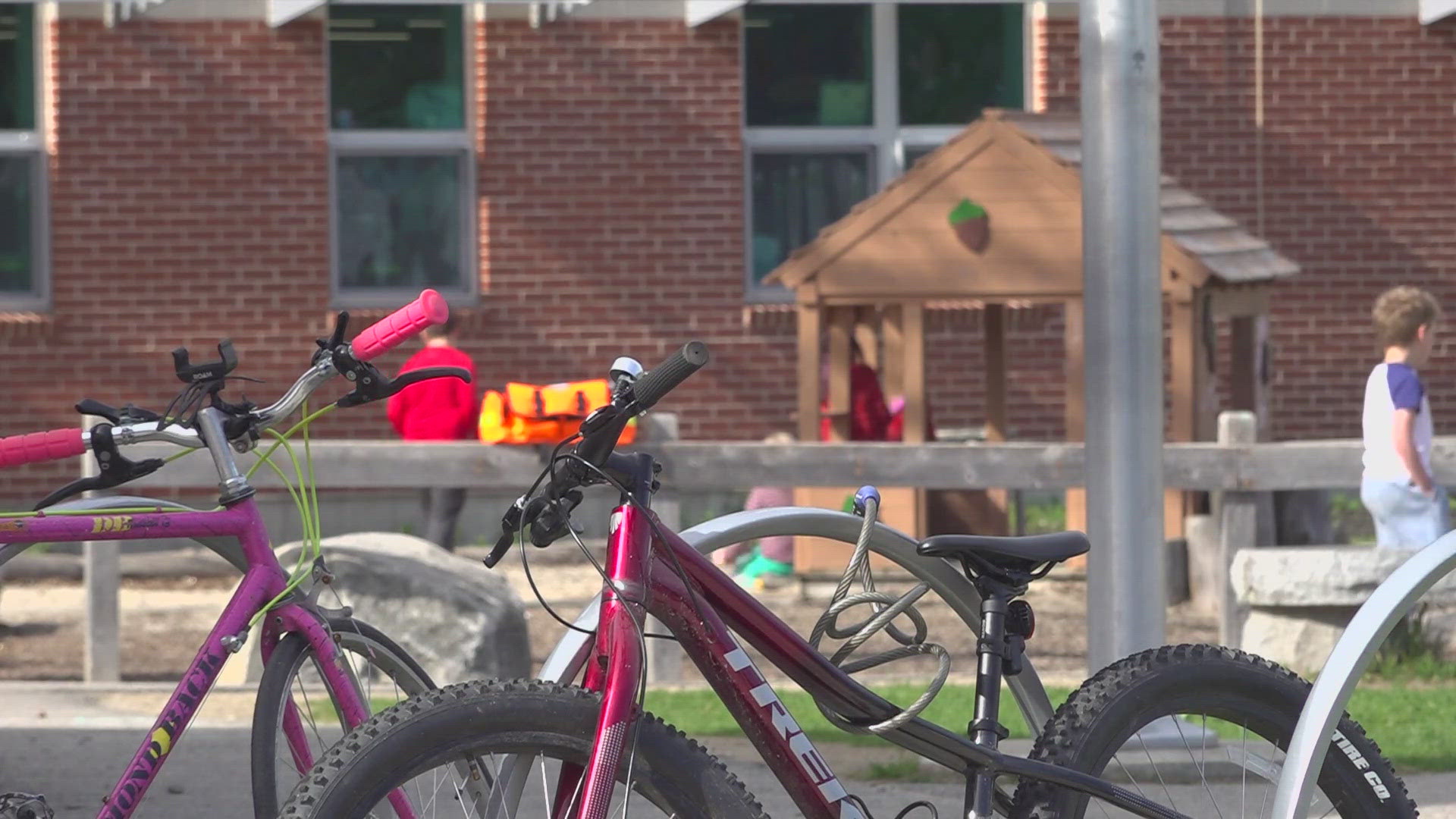PORTLAND, Maine — Casey Maddock of Scarborough just finished her junior year at the University of Maine. She remembered first feeling sad and anxious around seventh grade.
“I just remember that being a really turbulent time in my life, and I thought, at that time, I was just being dramatic, because I have such a wonderful family and life," Maddock explained.
In high school, Maddock's mental health worsened. During her sophomore year, she began self-harming.
"I think that was a glaring red flag," she said.
Maddock was later diagnosed with depression. She said her symptoms were impacted by the seasons.
"Winter is hard for a lot of us. It is for me," she added. "Spring rolls around, and everyone gets excited for the summer and to feel better, but it doesn't always get better in your head."
Maddock said that school not in session, not being around friends, and lacking access to mental health resources every day can be isolating.
"Summer can be a great time, but it can be challenging," Kate McAlaine, a counselor at Rowe Elementary School in Portland, said.
McAlaine said having a lack of structure during the summer can mean students are spending more time on social media, which can add to feeling isolated.
"I think a parent might recognize that their student might be struggling if they start to withdraw, enjoy things they used to love less and engage less with the outside world," McAlaine said.
If parents are seeing signs their child is facing challenges with their mental health, McAlaine believes intentionally providing opportunities to do something can go a long way.
"Maybe it's like grabbing an ice cream, going outside to the park," she said. "The more you can get your kiddo outside doing engaging things can help."
McAlaine said if a parent has concerns about their child this summer, contact a social worker or school counselor at their school, so they can provide support and consultation before break.
If your child needs immediate help, you can call the Maine Crisis Hotline at 1-888-568-1112.
NAMI (National Alliance on Mental Illness) Maine can connect families by phone or text for real-time help with suicide prevention, crisis intervention, and LGBTQ+ support.
If you or someone you know is experiencing suicidal thoughts, there are resources right here in Maine that can help navigate through those thoughts and find a path to hope.
Maine Teen Text support
This peer support text line is for Maine youth 13 to 24 years old and is staffed by individuals 18 to 24. Talk about your feelings and get support from another young person. Daily from noon to 10 p.m. EST at 207-515-8398.

